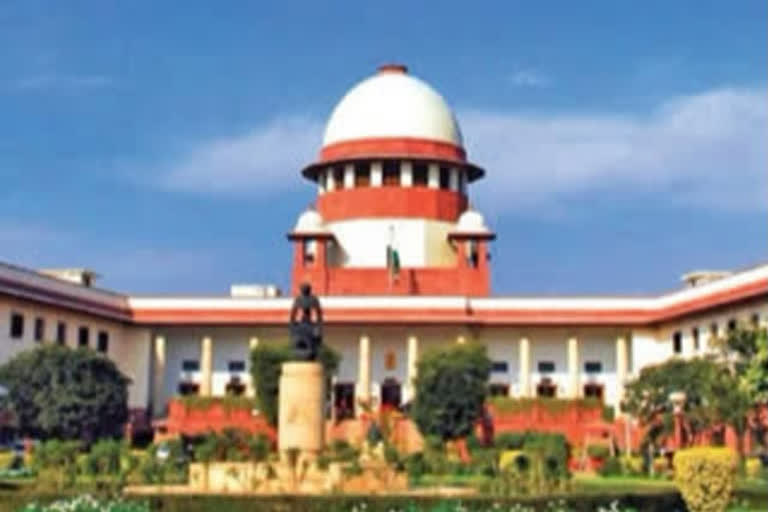New Delhi: The Supreme Court Wednesday said it would hear in January the applications pertaining to the public projects falling within the Taj Trapezium Zone (TTZ) and are stalled.
The TTZ is an area of about 10,400 sq km spread over the districts of Agra, Firozabad, Mathura, Hathras and Etah in Uttar Pradesh and Bharatpur district of Rajasthan.
The apex court has been hearing a plea on the issues related to environment and preservation of historic monuments, including the iconic Taj Mahal, in the area.
A bench headed by Justice L Nageswara Rao, which dealt with some applications in the matter, was informed by Solicitor General Tushar Mehta about the applications concerning the Rail Vikas Nigam Ltd.
“They will be listed in January. All matters where public projects have been stopped, we have said give the IA numbers, they will be listed,” said the bench, also comprising Justices B R Gavai and B V Nagarathna.
“Any public project which is stalled, on the next date of hearing, we will take it up,” it said.
One of the advocates told the bench that an application filed by him in the matter has not been listed for hearing.
Also Read: Taj Mahal re-opens for night viewing after 1.5 years
He said the application is regarding online ticket for Taj Mahal for night view.
The counsel said online ticket is issued for visiting the Taj Mahal during day time but for night viewing, one has to stand in the queue to get the ticket.
“We are dealing only with some public projects. Online issuance of tickets etc can wait,” the bench said, adding, “What is the urgency? Why should we take it up immediately?”
The counsel argued that tourists have to stand in queue to buy ticket for night viewing and it would also protect visitors from the risk of coronavirus.
“We will take it up later,” the bench said.
The top court is hearing the matter related to protection and preservation of the iconic Taj Mahal at Agra and its surroundings.
The court has been monitoring developments in the area to protect the monument, built by Mughal emperor Shah Jahan in the memory of his wife Mumtaz Mahal in 1631. The mausoleum is a UNESCO World Heritage Site.
PTI



